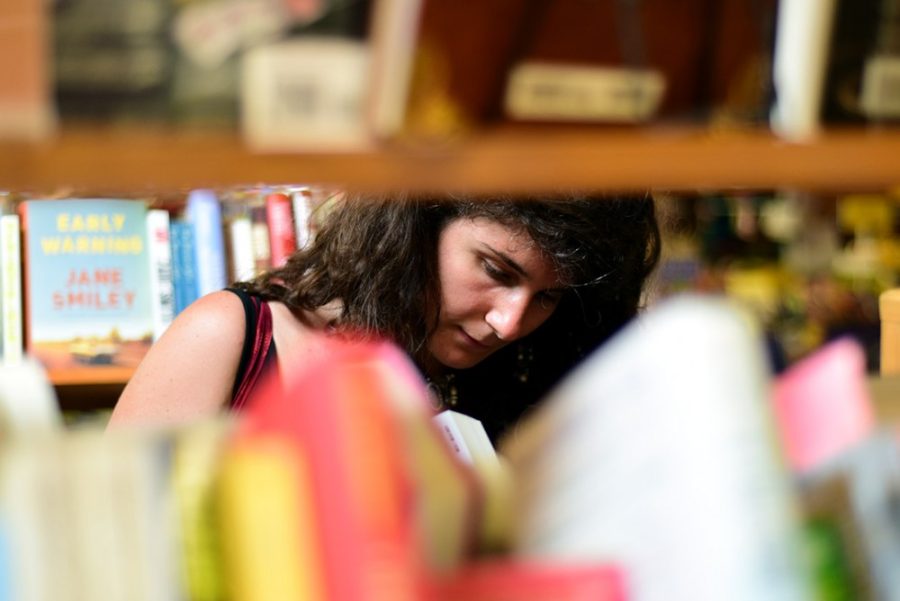Amazon.com recently announced it’s fifth annual list of the most well-read cities in the country, and Tucson finished within the top five.
According to Amazon.com, the ranking was determined by aggregating sales data from books, magazines and newspapers in both hard copy and e-book form. Tucson was in fourth place behind Las Vegas, Portland, Ore., and the most well-read city, Seattle.
While this may surprise some, Tucson provides a large amount of resources and services that advocate for the power of reading, which include the annual Tucson Festival of Books at the UA.
Kenya Johnson, communications director for the Pima County Public Library, said the library plays an important role in Tucsonans’ reading fervor.
“We have almost 400,000 library card holders in a city of around a million people,” Johnson said. “In addition to these figures, there are 27 libraries and 1.3 million books.”
These programs come together to create a more cohesive Tucson community united by literacy.
“We provide programs for kids, adults and seniors,” Johnson said. “We have book clubs and programs for teens who get together and talk about books as well.”
Tucson’s annual festival of books, held on the UA Mall, also has a large audience. In 2014, the festival attracted 450 authors from all over the world. In addition, 130,000 people attended the event.
According to the Tucson Festival of Books website, since its 2009 debut, more than 600,000 people have attended the event. With such a high number of attendees, book sales from the event are always expected to yield a large amount of sales. The majority of authors sell their books at the festival, and organizers have venues dedicated throughout the festival to discuss different authors’ works.
According to UANews, a study conducted by Eller College of Management graduate students reported that the festival—one of the largest of its kind in the country—adds $4 million to Tucson’s annual economy.
“I really enjoyed how many new, unheard [of] books I found,” said Lilly Cain, sociology freshman. “There were a lot of independent and local authors, which was unique to see.”
The festival also supports literacy in Southern Arizona by donating over $1,050,000 to organizations like Literacy Connects, a nonprofit organization based in Tucson that provides literacy programs for people of all ages.
Last year, according to Leslie Pape, office manager for Literacy Connects, the organization had 1,500 volunteers who helped 50,000 people within Southern Arizona.
One of Literacy Connects’ programs, Reach Out and Read Southern Arizona, partners with pediatric offices to provide books for all children from birth to age five, Pape said. Last year, the organization distributed more than 55,000 books through 57 pediatric and family practice clinics.
Although Amazon.com’s ranking may shock some, there are multiple reasons to support findings. Tucson’s public library system, events like the Tucson Festival of Books and non-profit organizations like Literary Connects all do their part to contribute to Tucson’s book-loving community.









